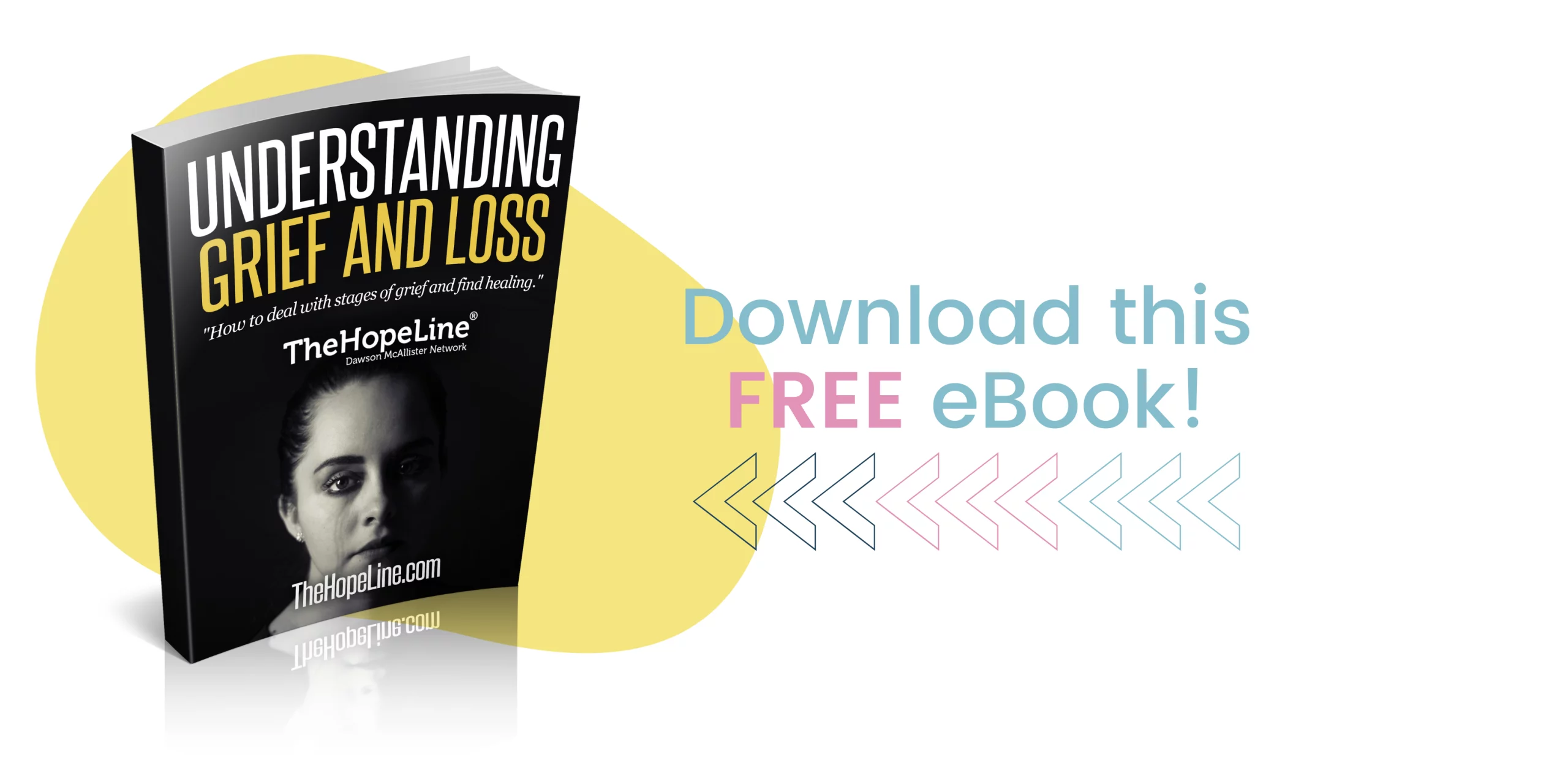There are few things more painful and frustrating for me than seeing someone I care about be hurt. If you have a friend in an abusive relationship or know a loved one is being abused, then you know exactly what I mean. You want to help, but you don’t know what to do.
I’ve learned that helping a friend escape abuse is complicated but helping someone we love find healing after abuse is never impossible!
Don’t Take Charge
I know it’s tempting to burst into the home where your loved one is being controlled by an abuser and say “Let’s go! I’m getting you out of here!” But that’s not the best approach.
Encountering your “take charge” attitude may make your friend feel like you’re trying to control them, too. But there are ways to help without putting a strain on your relationship.
Make Yourself Available
Spend time with your friend, away from their abuser if possible. Let your friend know that you are concerned for their well-being and that you are available to support them and spend time with them. Instead of saying “I’m so sick of the way they treat you. How can you let them do that?”, try something a bit gentler: “You haven’t seemed like yourself lately and I’m concerned about you. Is everything OK? If there is ever a time you feel hurt or unsafe in your relationship, will you reach out to me? I would love to be there to help. It’s what friends are for.”
Opening the door to help your friend when they feel they need it most is far healthier than telling them what they need, and when they need it.
Safety First
Once you let your friend know you are available, the time may come when your loved one is ready to leave their abuser. They may call you to ask for help with their escape plan. It’s important to avoid putting your safety (and your friend’s well-being) at risk. Only offer to help in ways that feel safe and comfortable for you.
This may include things like staying on the phone with them while they call a helpline or the authorities for assistance, connecting them with a support group or abuse counseling resources, or going with them to an appointment with their doctor or therapist. Rest assured that you don’t have to take on everything to be a tremendous help to your friend.
Don’t Forget Self-Care
There’s one mistake I’ve made often. I get so wrapped up in helping others that I become drained, exhausted, and end up neglecting my own self-care. In order to be there for your friend and help them find healing after abuse, be sure you’re taking care of your own emotional, spiritual, and physical needs.
Remember that God sees all in our hearts and minds. He knows you care for people in your life who are hurt by abuse, and He knows that your friend needs help. God cares about the people you care about, and He will never abandon them.
We are here to offer prayer for you and your loved ones, and we can help you make a plan to help your loved one while protecting your heart and spirit. We are always here for you. Don’t hesitate to reach out.
Are you dating or married to someone that has had a past that includes abuse? Here are some important things to help you as you support them.



